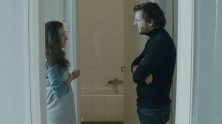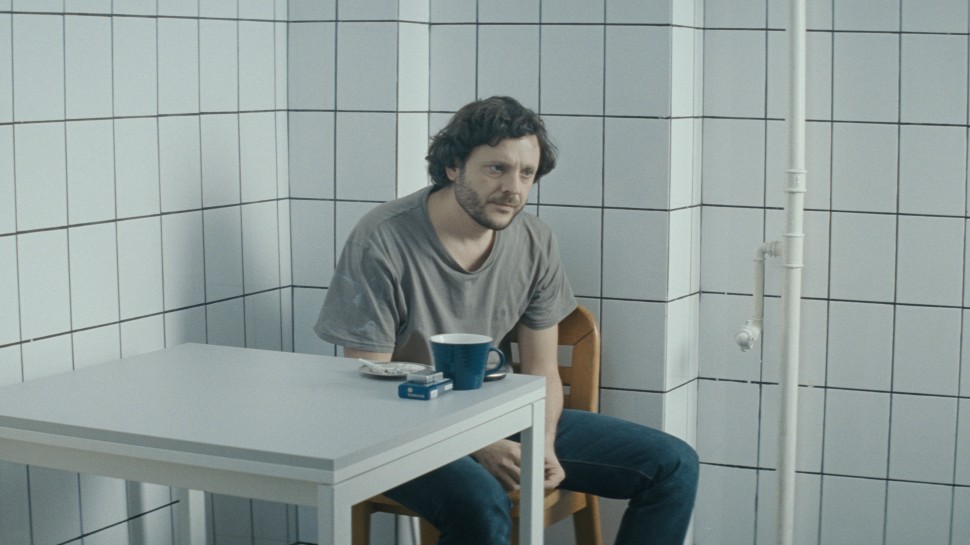
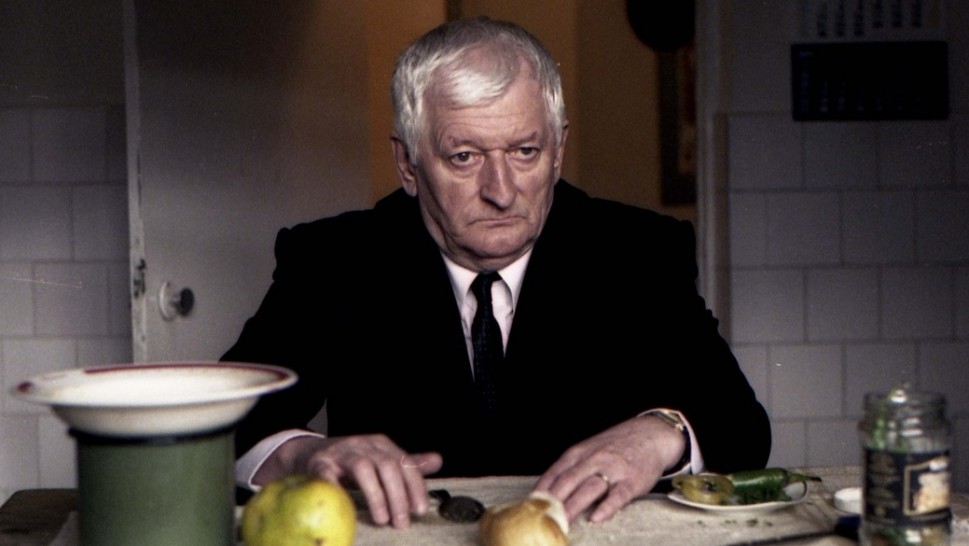
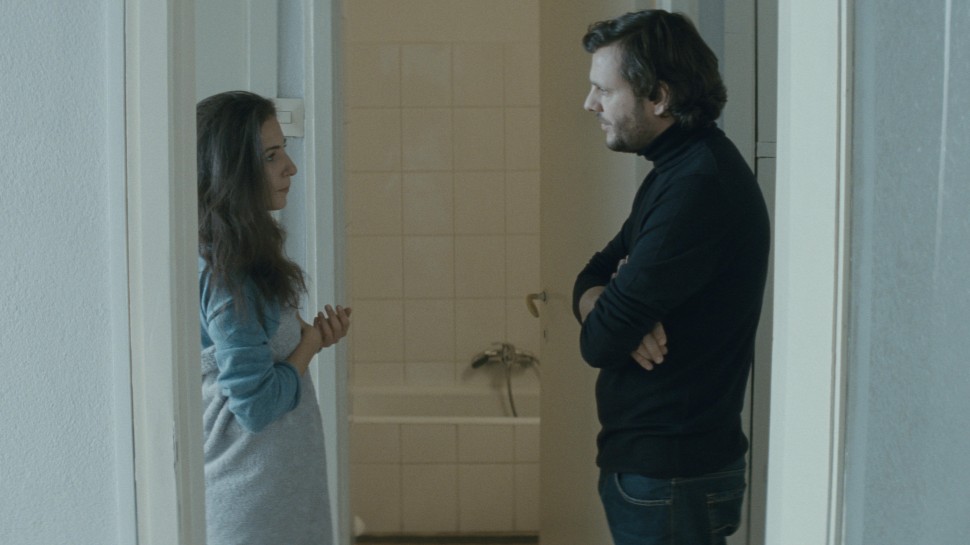
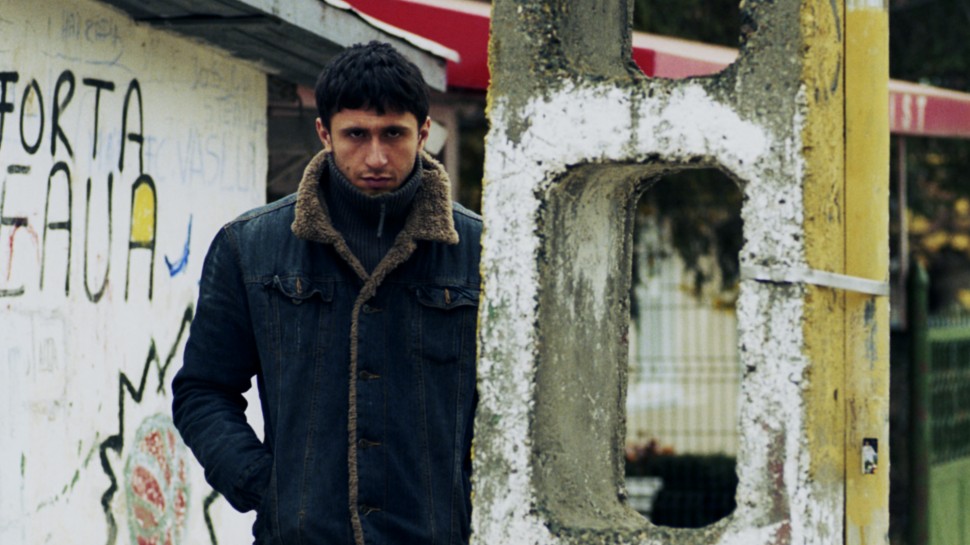
Corneliu Porumboiu. Adjective
Though its affiliates may be reluctant to acknowledge its existence, the sudden appearance of a Romanian New Wave took the film world by surprise around Cannes, 2005 and has not relented—drawing critical attention to a complex well of creativity within a country often cinematically overshadowed in the 20th Century by its Czech and Polish neighbors. Joined by directors Cristi Puiu (The Death of Mr. Lazarescu, Aurora), Cristian Mungiu (4 Months, 3 Weeks and 2 Days), Cristian Nemescu (California Dreamin’) and Catalin Mitulescu (Way I spent the End of the World), Romanian filmmaker Corneliu Porumboiu (b. 1975) shares his compatriots’ reflective opposition to the oppressive twenty-four-year communist dictatorship of Nicolae Ceausescu—both its “Golden Age” fantasies and lies, as well as the cautious filmmaking during that period which avoided censorship through still more mythmaking and metaphor. Often slyly humorous and meditatively hypnotic, the films shy away from overt or forced melodrama and action—leaning more toward a mode of observational documentary in which dramas of details, shadows and subtleties develop in masterful long takes. Porumboiu’s cinema, in particular, is quietly emotional, offering patient descriptions of the lives of non-heroic, nondescript, lonely people whose private dramas are non-didactically linked to Romania’s public ones.
A teenager when the Ceausescu dictatorship quickly and bloodily fell, Porumboiu studied management at the Academy of Economic Studies in Bucharest, yet was quickly taken in by the local repertory theater’s offerings—Charlie Chaplin, Michelangelo Antonioni, the French New Wave, Polish cinema—and began studying film at the I.L. Carnegie University in Bucharest. After receiving international acclaim at festivals for his short films, he won the Caméra d’Or at Cannes for his debut feature, 12:08 East of Bucharest—a comic rejoinder to the whole concept of a Romanian revolution. The prizes and praises intensified for his follow-up, Police, Adjective—an even more understated, incisive analysis of the individual’s impossible movement within a defective system. His two latest—When Evening Falls on Bucharest or Metbolism and The Second Game—reduce his explorations of meaning down to the elements of filmmaking itself and the mediated image’s relationship to reality.
Porumboiu’s films keep a certain distance, not too close nor too faraway—just enough for critical surveillance of characters moving around one another in environments not always tailored to their needs, in a dislocated time and space. Never fully reoriented after the regime and its fall, Porumboiu’s characters are in transition, their lives irresolute and alienated seeking strength and security through—often outdated or meaningless—grammar, laws and beliefs. With a modest wink, Porumboiu surreptitiously strings together the absurdities, frustration, wasted time, fruitless struggles and “non-events” of daily existence into his own unexpectedly revelatory cinematic language.
We are excited to glean further insights when we welcome Corneliu Porumboiu to the Harvard Film Archive for two evenings of film and conversation. — Brittany Gravely



